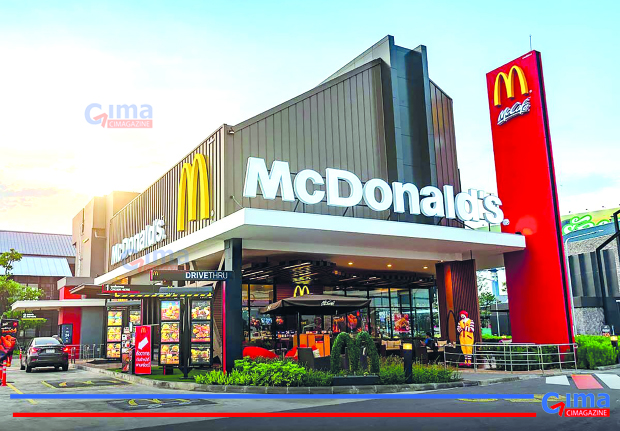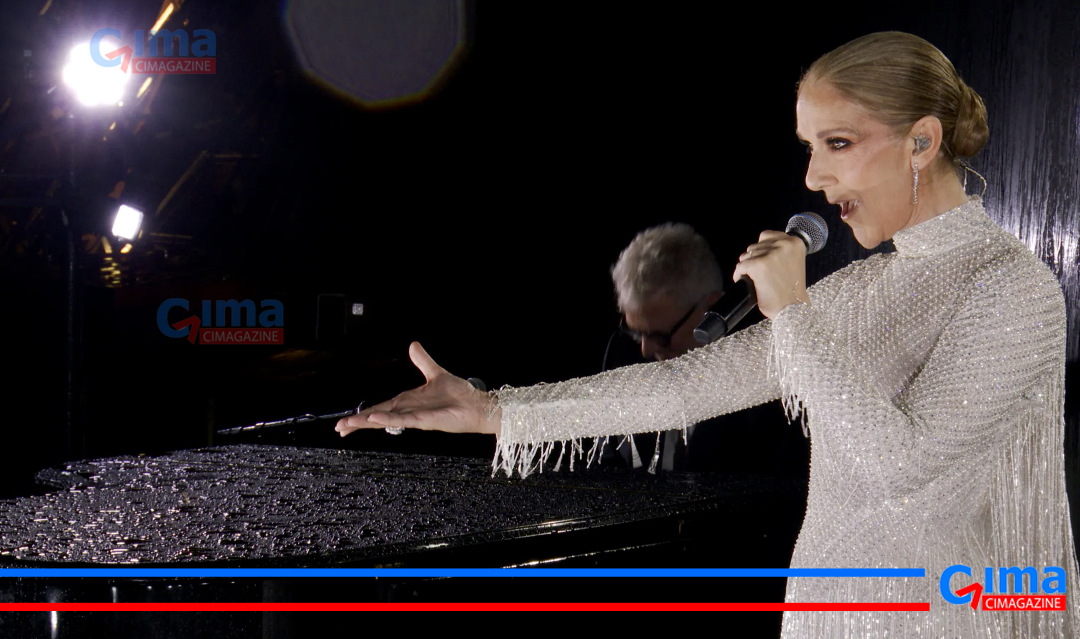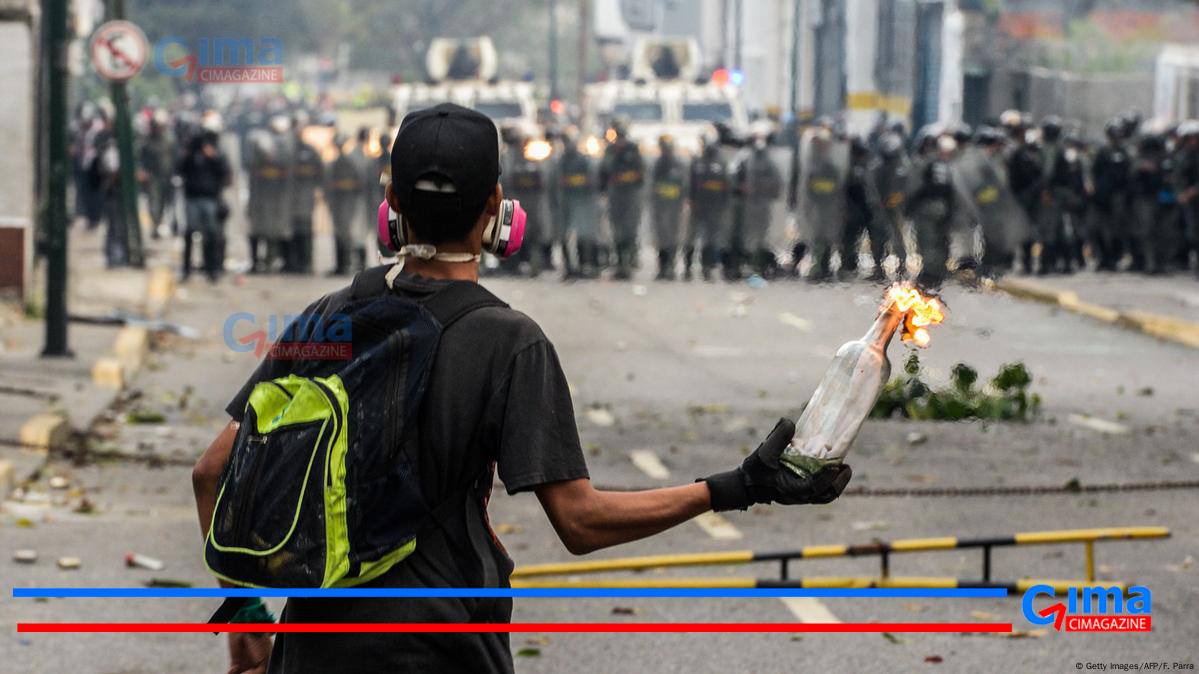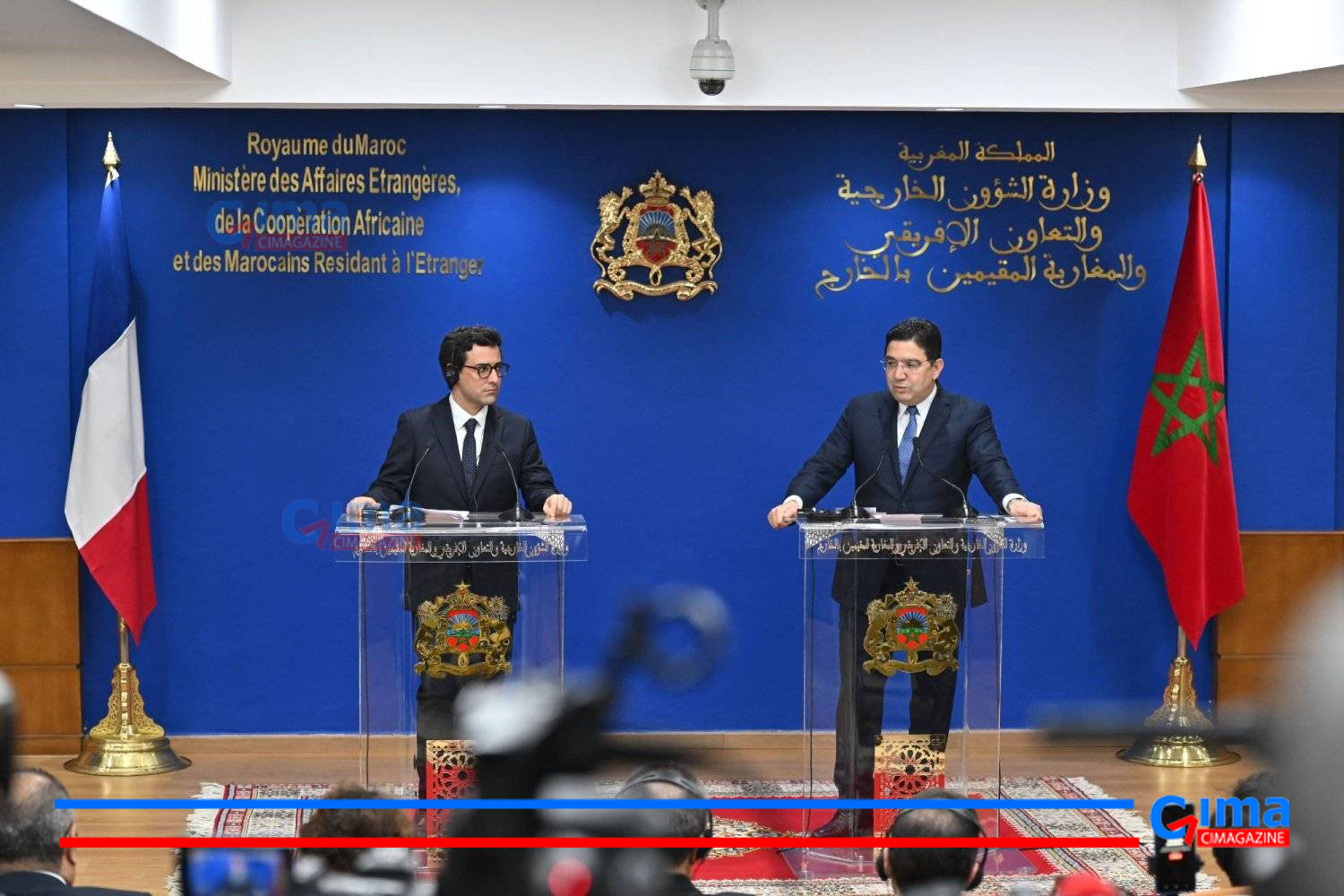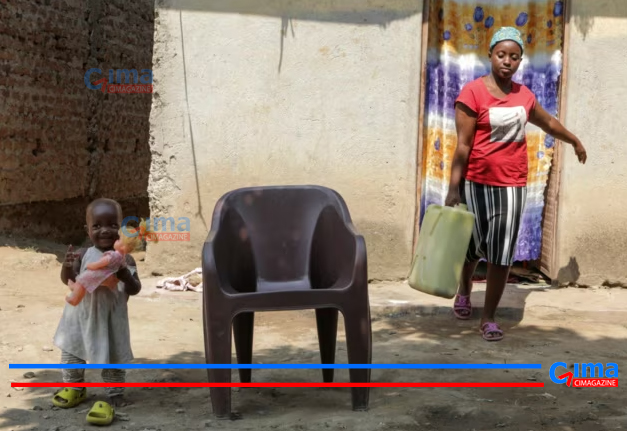Minister of Finance Doudou Fwamba Likunde Li-botayi led the meeting of the Political Troika on Tuesday, September 17, 2024. In this working session, which was attended by the Deputy Minister of the Budget, the Deputy Minister of Finance and the Deputy Governor of the Central Bank of the Democratic Republic of Congo, Doudou Fwamba gave clear guidelines to stabilize the macroeconomic framework for the benefit of the stability of the exchange rate observed on the market over the past five weeks.
DRC: Government wants to put more investments in productive sectors to maintain exchange rate stability (Troika)






